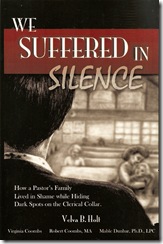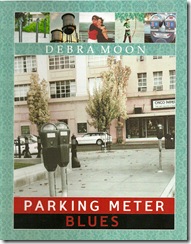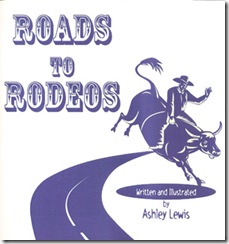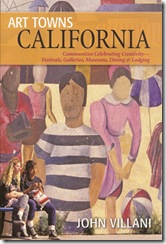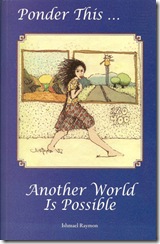
Elizabeth Kolbert filed a series of reports on global warming for the New Yorker which won the National Magazine Award in 2006. Kolbert traveled to Alaska, Greenland, northern England, the Netherlands, and other locations "to convey, as vividly as possible, the reality of global warming." Her book, based on the articles, is clear that the issue is not merely academic. "Field Notes From a Catastrophe: Man, Nature, and Climate Change" ($13.95 in paperback from Bloomsbury) documents changes in the natural world as more and more carbon dioxide is pumped into the atmosphere. She also examines "the complicated relationship between the science and the politics of global warming."
Kolbert will be speaking at Chico State University's Laxson Auditorium Wednesday, March 11 at 7:30 p.m. as part of the On the Creek Lecture series. Tickets are $15 for adults, $13 for seniors, and $10 for students and children, and are available through Chico Performances (www.chicoperformances.com) at (530) 898-6333.
A series of book club meetings to discuss Kolbert's work is being held at the Chico Barnes & Noble store, facilitated by Chico State University anthropologists, geologists, environmental scientists, and others. The final two meetings are on Wednesdays, March 4 and 18, at 7:00 p.m. The public is invited.
Kolbert traces the discovery of the effects of so-called greenhouse gases in the atmosphere and finds evidence of climate changes in the shrinking Greenland ice sheets, shifts in the genetic code of a certain species of mosquito, and the fact that "in the Sierra Nevada of California, the average Edith's Checkerspot butterfly . . . can now be found at an elevation three hundred feet higher than it was a hundred years ago."
Kolbert acknowledges that "many uncertainties exist" in predicting what may come of all of this. It's true that "humans aren't the first species to alter the atmosphere; that distinction belongs to early bacteria, which, some two billion years ago, invented photosynthesis. But we are the first species to be in a position to understand what we are doing." There may be a threshold beyond which greenhouse gases could usher in "a complete new climate regime, one with which modern humans have no prior experience." Her conclusion: We must act globally to reduce greenhouse gases. Now.
